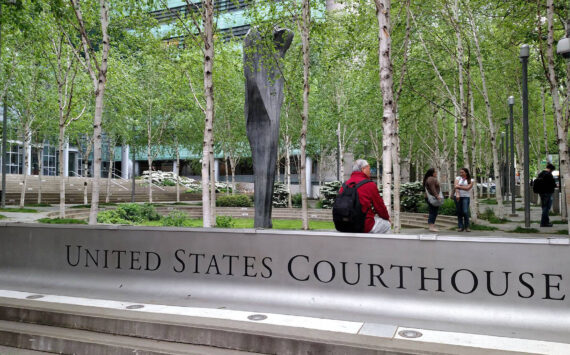And you thought that giving your fiancée a sapphire engagement ring after watching Blood Diamond would be enough to make you a socially responsible consumer. Sorry, but no.
Our globally conscious Representative Jim McDermott has introduced the Conflict Minerals Trade Act, which tracks the origins of the minerals that make up the components of our mobile phones, laptops, and iPods. That’s because, according to a nonprofit called Raise Hope for Congo, more than 5 million people have died in fighting to control the mines that produce those minerals.
Not everyone has a big rock on their left hand, but almost all of us chat on a cell phone, check e-mail on a laptop, and keep an iPod on hand to block out people on the bus. For those devices to work, they need tin for the circuit boards, a mineral called coltan to hold an electrical charge, and tungsten for the component that makes the phone’s vibrating feature work. “There’s so much that we use every day that has some derivation of these [minerals],” says McDermott spokesperson Mike DeCesare.
All three of those minerals—along with gold, used in both electronics and jewelry (there are those ethically compromised rings again)—are found in the Democratic Republic of the Congo. According to Raise Hope, trading in those minerals is worth $180 million per year to whomever controls the mines. And with the money has come armed conflict.
To that end, McDermott’s legislation, co-sponsored by Rep. Frank Wolf, R-Virginia, would create a map of the mines that are likely funding the fighting in the Congo. Companies making products like computers and cell phones would then be able to certify that the minerals in their products don’t come from those mines. The Secretary of Commerce, our own Gary Locke, would be responsible for compiling a “Potential Conflict Goods List.”
The Cellular Telecommunications Industry Association released a statement praising McDermott’s legislation. It’s not really the kind of thing that’s politically feasible to oppose. But the CTIA notes that in addition to encouraging their businesses to take greater responsibility for supporting human rights worldwide, the bill’s map and list would “give CTIA’s members additional tools as they seek to ensure that they are sourcing from ‘conflict free’ sources.”
But until some system of certification is in place, consumers can only wonder: “Is the buzzing in my pocket a call from a dear friend or a cry for help from people suffering so I can make last-minute happy-hour plans?”







